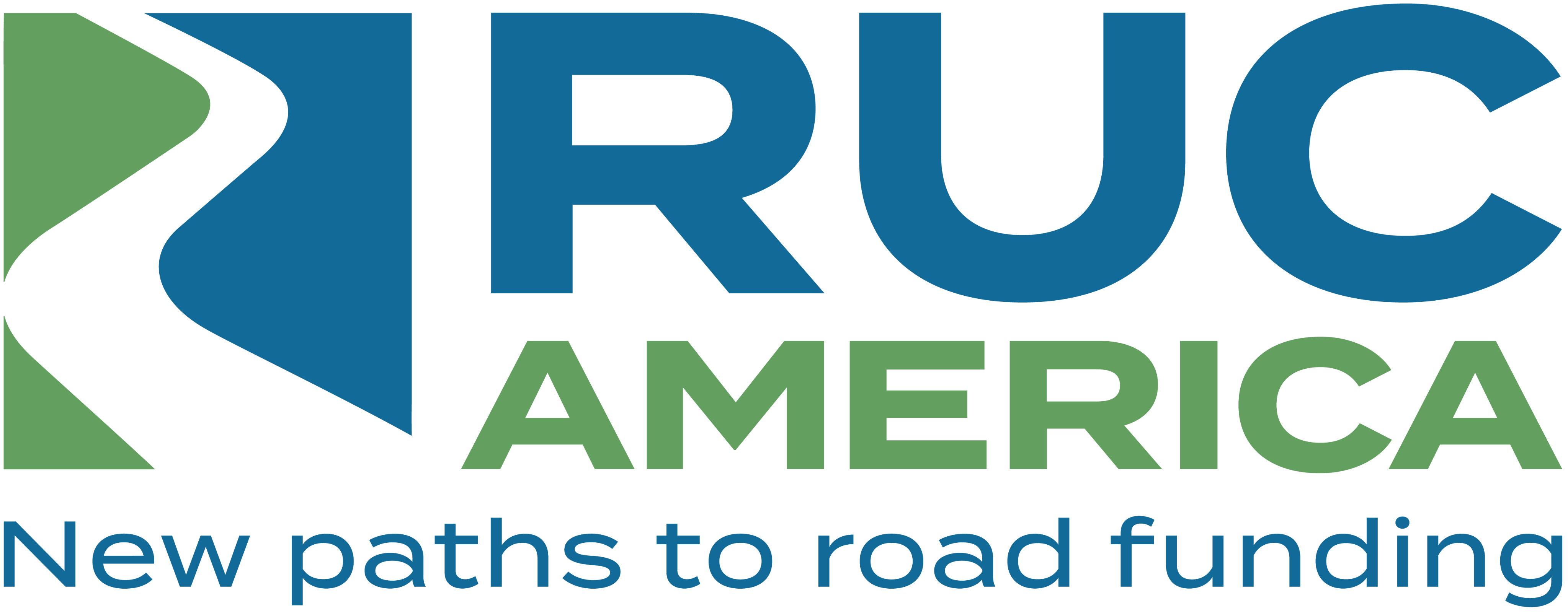- Congestion Pricing
- Congestion pricing (or "value pricing") is a way of harnessing the power of the market to reduce the waste associated with traffic congestion. Congestion pricing works by shifting some rush hour highway travel to other modes of transportation or to off-peak periods, taking advantage of the fact that most rush hour drivers on a typical urban highway are not commuters. (Source: FHWA Congestion Pricing)
- Electric Vehicle (EV)
- An electric vehicle is defined as a vehicle that can be powered by an electric motor that draws electricity from a battery and is capable of being charged from an external source. An EV includes both a vehicle that can only be powered by an electric motor that draws electricity from a battery (EV) and a vehicle that can be powered by an electric motor that draws electricity from a battery and by an internal combustion engine (plug-in hybrid electric vehicle). (Source: https://afdc.energy.gov/laws/12660)
- Federal Highway Administration (FHWA)
- The Federal Highway Administration is an agency within the U.S. Department of Transportation that supports State and local governments in the design, construction, and maintenance of the Nation's highway system (Federal Aid Highway Program) and various federally and tribal owned lands (Federal Lands Highway Program). Through financial and technical assistance to State and local governments, the Federal Highway Administration is responsible for ensuring that America's roads and highways continue to be among the safest and most technologically sound in the world.
- Gas Tax
- A gas tax is commonly used to describe the variety of taxes levied on gasoline at both the federal and state levels, to provide funds for highway repair and maintenance, as well as for other government infrastructure projects. These taxes are levied in a few ways, including per-gallon excise taxes, excise taxes imposed on wholesalers, and general sales taxes that apply to the purchase of gasoline. (Source: The Tax Foundation - Gas Tax)
- Road Usage Charge (RUC)
- A road usage charge is a mileage (distance)-based fee paid for use of a road. (Source: FHWA Vehicle-Miles Traveled Fees)
- Tolling and Pricing
- Tolling and pricing involves charging fees for the use of a roadway facility. The revenue generated may be used to pay for highway operations and maintenance and, in many cases, as the primary source of repayment for long-term debt used to finance the toll facility itself.
Tolling: involves the imposition of per-use fees on motorists to utilize a highway with a primary purpose of generating revenue
Pricing: involves the imposition of fees or tolls that vary based on the level of demand for travel on a highway facility. The fees may vary according to a fixed schedule or in real-time based on actual travel conditions.
(Source: FHWA Tolling and Pricing) - Vehicle-Miles Traveled (VMT) or Distance-Based Fees (DBF)
- VMT or DVB fees, also known as mileage-based user fees or road usage charges, are levied on a vehicle user for use of a roadway system, based on the miles or distance driven on a defined network. (Source: FHWA Vehicle-miles Traveled Fees)
